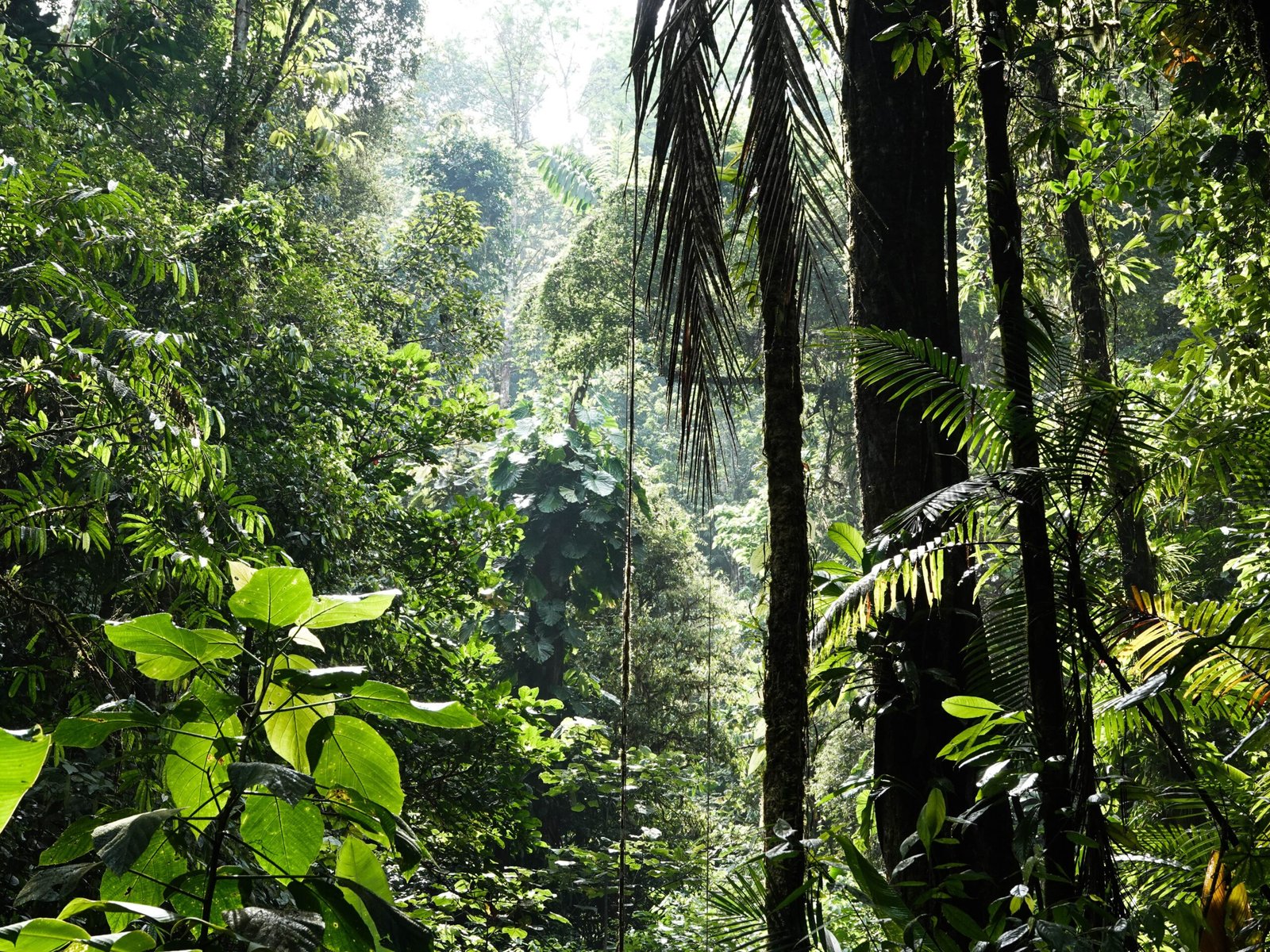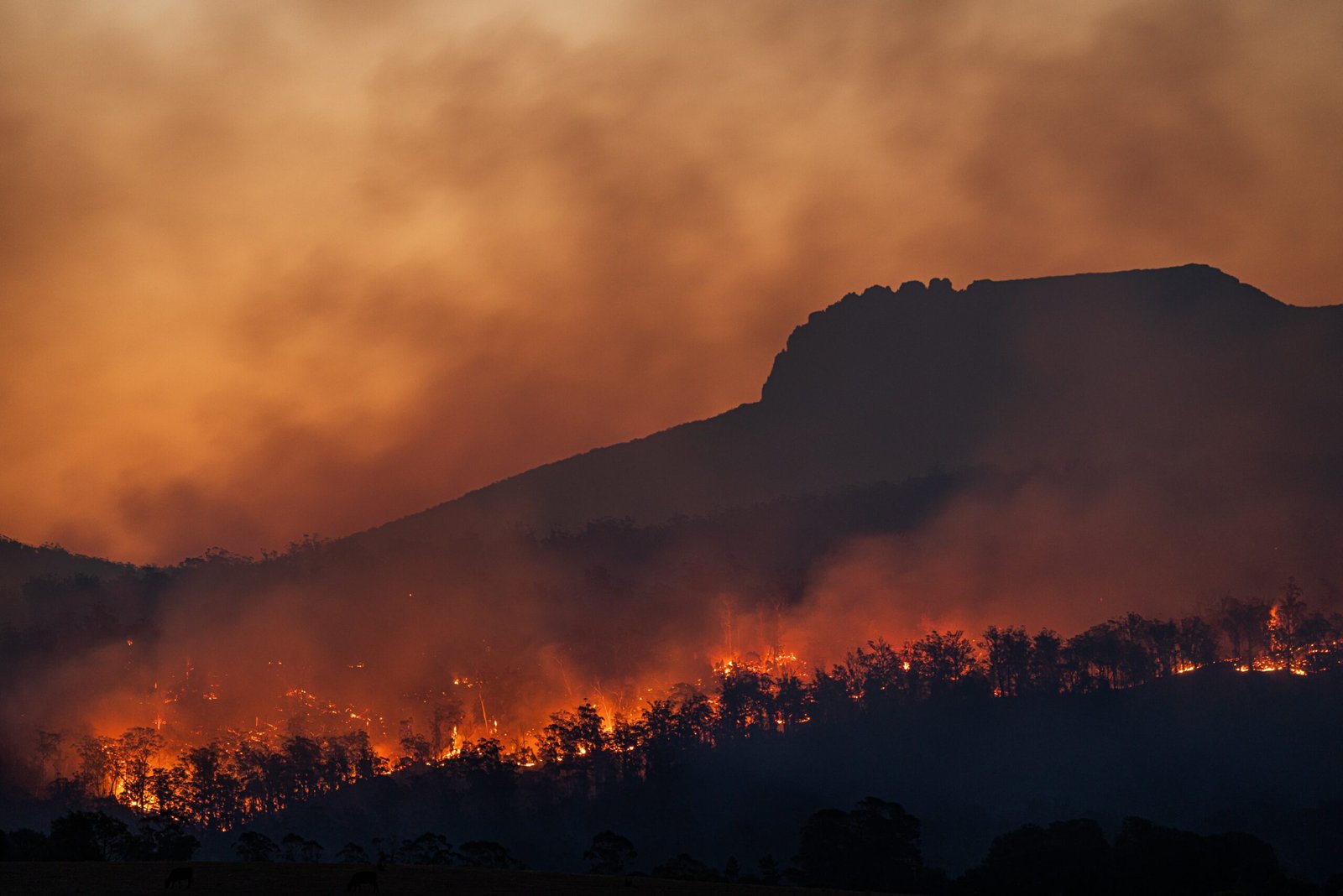The Importance of Biodiversity and Ecological Conservation: Current Trends and Future Implications
Introduction:
Did you know that every living organism on Earth, from the tiniest microbe to the largest mammal, is interconnected in a delicate web of life? This intricate network of biodiversity is crucial for the health and sustainability of our planet. In recent years, there has been a growing recognition of the importance of biodiversity and the need for ecological conservation. In this blog post, we will explore the current trends in biodiversity conservation, backed by recent data and insights from reputable sources. We will also discuss how these trends might shape the future of healthcare.
Trend 1: Loss of Biodiversity:
One of the most pressing issues we face today is the loss of biodiversity. According to a recent report by the Intergovernmental Science-Policy Platform on Biodiversity and Ecosystem Services (IPBES), around one million species are at risk of extinction. This loss of biodiversity is primarily driven by human activities such as deforestation, habitat destruction, pollution, and climate change. The consequences of this loss are far-reaching and can have devastating effects on ecosystems, food security, and human health.
Trend 2: Conservation Efforts:
Fortunately, there has been a surge in conservation efforts worldwide. Governments, organizations, and individuals are increasingly recognizing the need to protect and restore biodiversity. Initiatives such as the establishment of protected areas, reforestation projects, and sustainable farming practices are gaining momentum. For example, the United Nations has set a target to conserve at least 17% of terrestrial and inland water areas and 10% of coastal and marine areas by 2020.
Trend 3: Ecosystem Services:
Another important trend in biodiversity conservation is the recognition of the crucial role ecosystems play in providing essential services to humanity. Ecosystem services include the provision of clean air and water, nutrient cycling, pollination, and climate regulation. These services are not only vital for the survival of other species but also directly impact human well-being. For instance, forests help regulate climate by absorbing carbon dioxide, mitigating the effects of climate change.
Trend 4: Integration of Traditional Knowledge:
Indigenous peoples and local communities have long relied on traditional knowledge to sustainably manage their natural resources. There is a growing recognition of the importance of integrating traditional knowledge systems with modern scientific approaches in biodiversity conservation. This collaboration can lead to innovative solutions and a deeper understanding of ecosystem dynamics.
Trend 5: Technological Advancements:
Advancements in technology are playing a crucial role in biodiversity conservation. Remote sensing techniques, such as satellite imagery and drones, are being used to monitor changes in ecosystems and detect illegal activities like deforestation. DNA barcoding and genetic sequencing are helping scientists identify and catalog species more efficiently. These technological tools are empowering conservationists to make informed decisions and take targeted actions.
Future Implications for Healthcare:
The trends in biodiversity conservation discussed above have significant implications for healthcare. The loss of biodiversity can lead to the emergence and spread of infectious diseases, as seen with the recent COVID-19 pandemic. By protecting and restoring ecosystems, we can reduce the risk of zoonotic diseases and safeguard public health. Additionally, many medicinal plants and natural compounds used in healthcare are derived from biodiversity-rich ecosystems. Preserving biodiversity ensures the availability of potential future treatments.
FAQs:
Q: Why is biodiversity important?
A: Biodiversity is essential for maintaining the balance of ecosystems, providing ecosystem services, and supporting human well-being.
Q: What are the main threats to biodiversity?
A: The main threats to biodiversity include habitat destruction, climate change, pollution, invasive species, and overexploitation.
Q: How can individuals contribute to biodiversity conservation?
A: Individuals can contribute to biodiversity conservation by reducing their ecological footprint, supporting sustainable practices, and advocating for conservation policies.
Q: How does biodiversity loss affect food security?
A: Biodiversity loss can disrupt ecosystems and reduce the availability of pollinators, natural pest control, and genetic diversity in crops, leading to decreased food production and security.
Q: What is the role of traditional knowledge in biodiversity conservation?
A: Traditional knowledge can provide valuable insights into sustainable resource management and enhance our understanding of ecosystem dynamics.
Tips:
- Support local farmers and businesses that practice sustainable agriculture.
- Reduce your consumption of single-use plastics to minimize pollution.
- Plant native species in your garden to create habitats for local wildlife.
- Stay informed about current environmental issues and support organizations working towards biodiversity conservation.
Conclusion:
The importance of biodiversity and ecological conservation cannot be overstated. The current trends in biodiversity conservation, including efforts to protect and restore ecosystems, integrate traditional knowledge, and leverage technological advancements, provide hope for a sustainable future. By valuing and preserving biodiversity, we not only ensure the survival of countless species but also safeguard our own well-being. Let us join hands in protecting the web of life that sustains us all.
Call to Action:
Share this blog post with others and spread awareness about the importance of biodiversity and ecological conservation. Together, we can make a difference!









